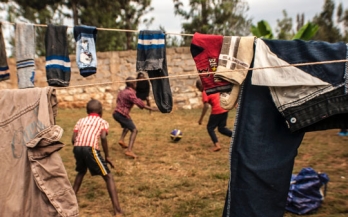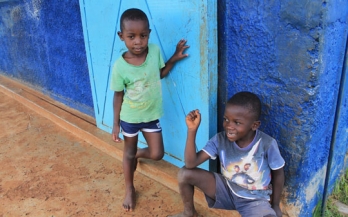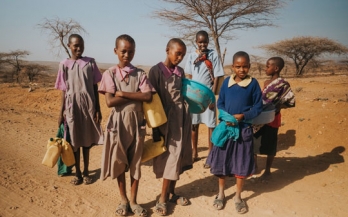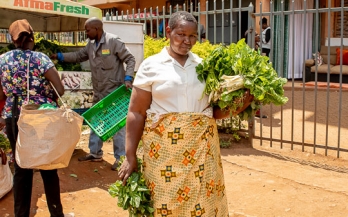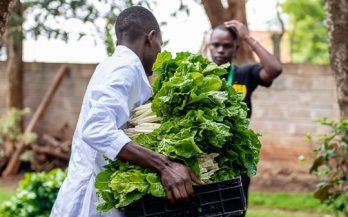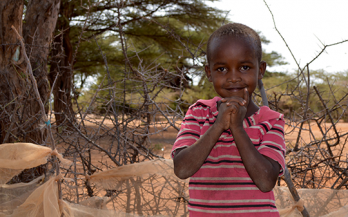In Kenya, the Global Alliance for Improved Nutrition (GAIN) is implementing a project to reduce anaemia, iron deficiency and vitamin A deficiency through improved infant and young child feeding practices and MNP intake by integrating distribution of MNP in different existing platforms including: government health facilities and commercial distribution.
This report presents the results of that assessment and proposes a Consumption Monitoring and Surveillance Framework consisting of the various processes, phases, components, and domains that provide an enabling environment for this to happen.
This monograph is devoted to presentation of the results from ethnographic studies of infant and young child feeding that were undertaken in five counties in Kenya – Vihiga, Kitui, Isiolo, Marsabit and Turkana – as part of a large project aimed at improving nutrition in these communities.
This policy brief summarises key results from a study designed to identify potential interventions to improve nutrition in infants and young children in Kitui County, Kenya. The study was commissioned to provide information necessary for the design of appropriate high-impact nutrition interventions in Kitui to improve nutritional outcomes at the household level.
This policy brief summarises key results from a study designed to identify potential interventions to improve nutrition in infants and young children in Vihiga County, Kenya. The study was commissioned to provide information necessary for the design of appropriate high-impact nutrition interventions in Vihiga to improve nutritional outcomes at the household level.
This is a case study assessment of Chicken Choice, a poultry production and retail business supported by MNF since 2013. Chicken Choise offers small chicken cuts at competitive price points with the aim of making chicken available to lower income groups.
The following report provides a consolidation of the findings, their implications for the achievements of the Marketplace program to date, and a series of recommendations to strengthen the design and potential for impact of the Marketplace moving forward.
This report presents the findings of the Kenya National Micronutrient Survey (KNMS) conducted in 2011 to generate data on the magnitude and distribution of micronutrient malnutrition, including nutritional status and a number of related diseases. The aim of the survey was to establish the prevalence of micronutrient deficiencies, protein-energy malnutrition, and infectious diseases among the Kenyan population.
Poor quality infant and young child (IYC) diets contribute to chronic under‐nutrition. To design effective IYC nutrition interventions, an understanding of the extent to which realistic food‐based strategies can improve dietary adequacy is required. The objective of this study was to assess the nutrient adequacy of children's diets in two rural agro‐ecological zones of Kenya.
This supplement contributed to the growing area of implementation research, illustrating the value of systematic research undertaken for the purpose of supporting the design of nutrition interventions that are appropriate for the specific populations in which they are undertaken.



